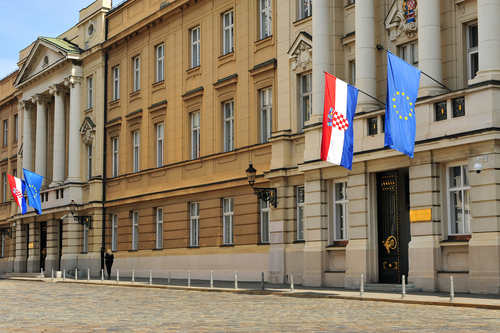
On 8 December 2022, in Brussels, the EU Council has approved the full participation of Croatia in the Schengen area. This means that border controls between countries in the Schengen area and Croatia will be lifted, that Croatia will be able to issue Schengen visas, and that its use of the Schengen Information System will be unlimited.
Checks at internal land and sea borders will be lifted on 1 January 2023, and checks at internal air borders will be lifted on 26 March 2023. The issuing of Schengen visas and full use of the Schengen Information System will be available for Croatia from 1 January 2023.
Croatia has successfully passed all the applicable Schengen evaluation procedures, in a process that started in 2016 and ended in 2020. In 2019, the European Commission determined that Croatia met all the requirements to enter the Schengen area, and the EU Council concluded the same in 2021.
Croatia stood out for its management of the external borders and visas, police and judicial cooperation (such as in criminal matters and firearms), and its use of the Schengen Information System.
But it needed the unanimous approval of members of the EU Council to be fully included in the Schengen area and obtain free movement rights with the rest of the Schengen countries: Austria, Belgium, Czech Republic, Denmark, Estonia, Finland, France, Germany, Greece, Hungary, Iceland, Italy, Latvia, Liechtenstein, Lithuania, Luxembourg, Malta, Netherlands, Norway, Poland, Portugal, Slovakia, Slovenia, Spain, Sweden, and Switzerland.
“I am very pleased that during the Czech Presidency, Croatia was able to take two important steps in its European integration by joining both the euro and the Schengen areas”, said Czech Minister of Interior Vít Rakušan in a press release from the EU Council published on 8 December 2022. “I am confident that these successes will pave the way for other member states who fulfill the conditions to take the next step in their European journeys, and my colleagues and I will continue to work hard to ensure that we can welcome Bulgaria and Romania into the Schengen family in the near future.”
According to members of the European Parliament, Bulgaria and Romania have long met the conditions to fully join the Schengen area as well. The Parliament urged EU Member States to include them in the Schengen area, and requested the EU Council to take action on this matter by the end of 2022.